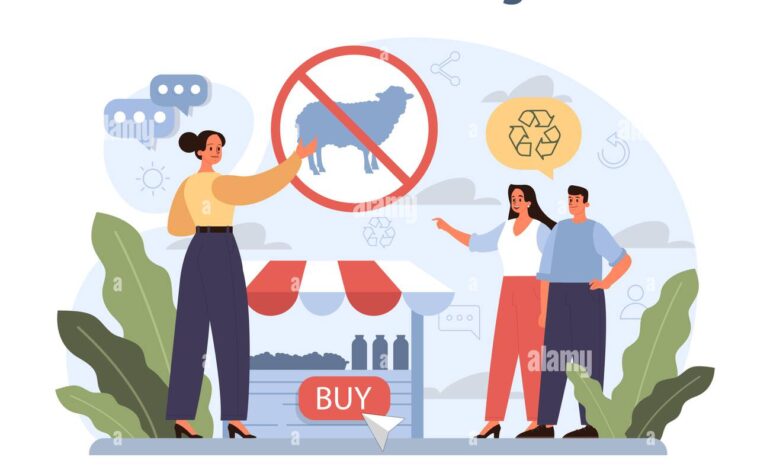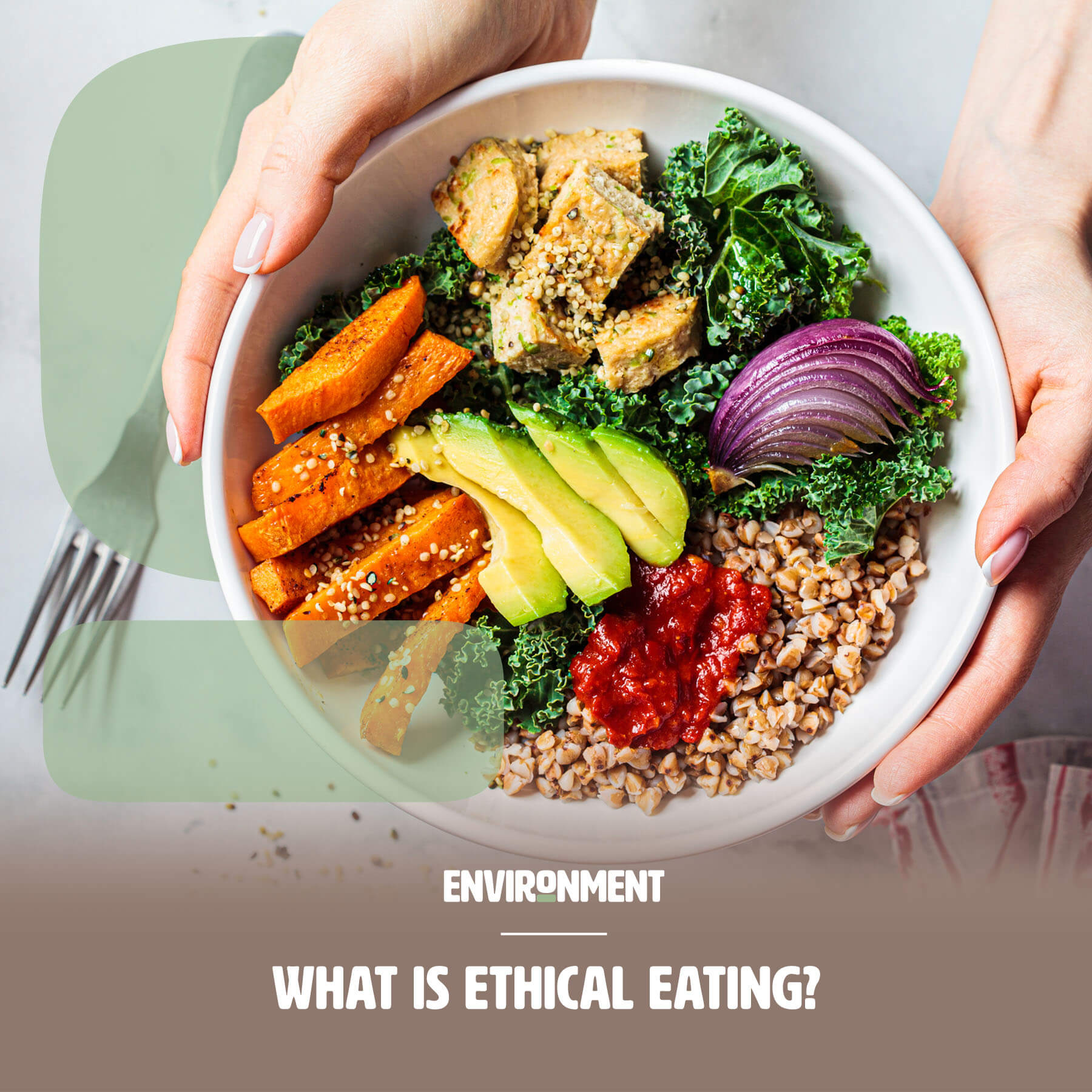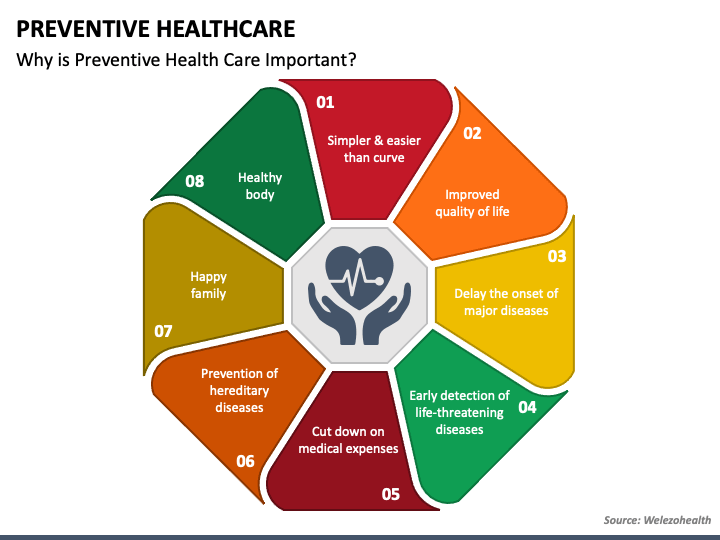Sustainable & Ethical Eating

Sustainable & Ethical Eating: A Deep Dive into Conscious Food Choices
We all eat, it’s a fundamental human need! But have you ever stopped to consider *how* your food gets from the farm (or factory) to your plate? Increasingly, people are realizing that our food choices have far-reaching consequences – not just for our health, but also for the environment and the welfare of those involved in producing our meals. This post delves into the world of sustainable and ethical eating, exploring what it means, why it’s important, and how you can incorporate these principles into your daily life.
What Does Sustainable Eating Mean?
Sustainable eating essentially means consuming food in a way that minimizes negative environmental impact and ensures resources are available for future generations. It’s about creating a food system that works *with* the planet, rather than against it. Several key aspects contribute to sustainable eating:
- Reducing Carbon Footprint: Food production contributes significantly to greenhouse gas emissions. Sustainable practices aim to minimize this through things like reducing transportation distances, adopting energy-efficient farming techniques, and minimizing food waste.
- Conserving Resources: This includes water usage (agriculture is a major consumer), soil health (overuse can lead to degradation), and biodiversity (monoculture farming often reduces habitat for beneficial insects and wildlife).
- Minimizing Pollution: Conventional agriculture often relies on pesticides, herbicides, and fertilizers that can pollute waterways and harm ecosystems. Sustainable approaches prioritize natural pest control, reduced chemical inputs, and soil health management to prevent runoff.
- Supporting Soil Health: Healthy soils are the foundation of a sustainable food system. Practices like cover cropping, no-till farming, and composting build organic matter, improve water retention, and enhance biodiversity in the soil.
The Ethical Dimension: Fair Treatment for All
Sustainable eating isn’t solely about the environment; it also encompasses ethical considerations related to how food is produced – specifically, the treatment of workers and animals involved.
- Fair Labor Practices: Many food products are harvested by underpaid or exploited laborers. Ethical eating prioritizes supporting producers who provide fair wages, safe working conditions, and opportunities for advancement. This often involves looking for certifications like Fair Trade.
- Animal Welfare: Factory farming practices can be incredibly cruel to animals. Choosing sustainably and ethically means opting for products from farms that prioritize animal welfare – allowing space for natural behaviors, providing access to the outdoors, and minimizing stress during transport and slaughter. Terms like “pasture-raised,” “free-range,” and “certified humane” can offer some indication, but it’s important to research the specific standards behind these labels.
- Supporting Local Communities: Buying from local farmers and producers strengthens communities, keeps money circulating locally, and reduces transportation impacts.
Putting Principles into Practice: Practical Steps You Can Take
Okay, so that’s a lot of information! The good news is you don’t need to overhaul your entire diet overnight. Small changes can make a big difference.
1. Reduce Meat Consumption
Meat production has a significantly higher environmental impact than plant-based foods. Reducing your meat intake, especially red meat (beef and lamb), is one of the most impactful things you can do. Try incorporating more vegetarian or vegan meals into your week. Even swapping out one or two meat-based meals for plant-based alternatives can have a noticeable effect.

2. Choose Seasonal & Local Foods
Eating foods that are in season and grown locally reduces transportation distances, supports local farmers, and often results in fresher, more nutritious food. Visit farmer’s markets or join a Community Supported Agriculture (CSA) program to connect with local producers.
3. Minimize Food Waste
A shocking amount of food is wasted globally – from farm to fork! Plan your meals carefully, store food properly to extend its shelf life, and get creative with leftovers. Composting food scraps can further reduce waste and enrich soil.
4. Look for Certifications & Labels
Certifications like Fair Trade, Organic, Certified Humane, and Marine Stewardship Council (MSC) offer some assurance that products meet certain sustainability and ethical standards. However, it’s always a good idea to research the specific criteria behind these labels.
5. Support Sustainable Fisheries
Overfishing is a major threat to marine ecosystems. Choose seafood that is sustainably harvested by looking for the MSC label or consulting resources like the Monterey Bay Aquarium’s Seafood Watch guide.
6. Consider Plant-Based Alternatives
The market for plant-based alternatives (like meatless burgers, dairy-free milk, and egg substitutes) has exploded in recent years. These products can be a great way to reduce your environmental impact while still enjoying familiar flavors and textures.
7. Grow Your Own Food!
Even a small herb garden or container of tomatoes can contribute to sustainable eating by reducing transportation emissions and giving you a connection to where your food comes from.
Challenges & Considerations
While the benefits are clear, adopting a fully sustainable and ethical diet isn’t always easy. Affordability can be a barrier for some – organic and sustainably produced foods often come with a higher price tag. Availability also varies depending on location. It’s about striving for progress, not perfection.
Greenwashing is another issue to be aware of. Companies sometimes use misleading marketing claims to appear more sustainable than they actually are. Do your research and look beyond superficial labels.
Conclusion: A Journey, Not a Destination
Sustainable and ethical eating isn’t about strict rules or deprivation; it’s about making conscious choices that align with your values. It’s a journey of learning, adapting, and continually seeking ways to minimize our impact on the planet and support a more just and equitable food system. Every small step you take – whether it’s choosing organic produce, reducing meat consumption, or supporting local farmers – contributes to a healthier future for ourselves, the environment, and all those involved in bringing food to our tables.



